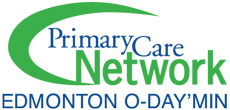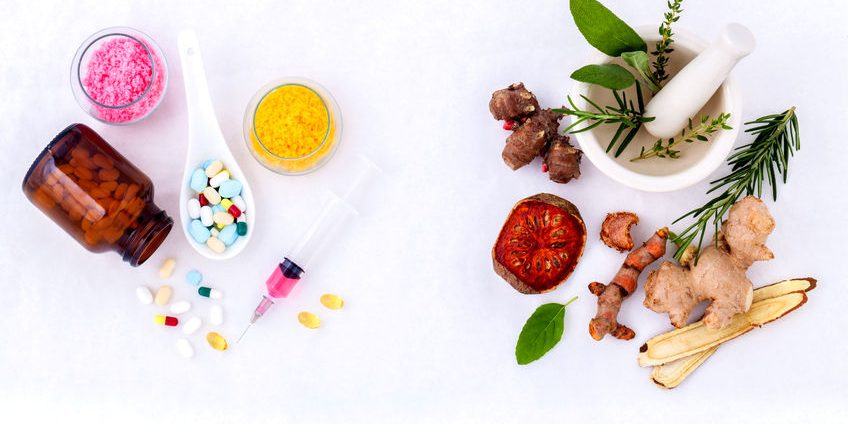We know we’re supposed to ask if our medications can react with other medications or supplements we take. It’s not as common for us to ask if our food will affect medications.
Yes, some medications should be taken with food and some on an empty stomach, but did you know there are foods that can reduce the effectiveness of your medication and impact its side-effects?
Depending on the medication, you may need to avoid or restrict certain foods. Here are a few common foods that may affect medications. Always read the warning labels for your medications and ask your doctor or pharmacist about how your medication can interact with food, beverages, vitamins/supplements and other medications.
| Alcohol | Alcohol can increase or decrease the effects of many medications. | |
| Caffeine | Caffeine is found in coffee, soda, tea, chocolate and other foods. Caffeine can cause excitability, nervousness and a rapid heartbeat in people using bronchodilators, which are used to treat asthma, COPD and other lung conditions. Caffeine can also disrupt medications, such as some antidepressants or antipsychotics, used to treat mental health problems. | |
| Dairy products | Dairy products can affect how medication is absorbed. There are several medications that should not be taken at the same time as dairy products, such as some antibiotics and medication for hypothyroidism or osteoporosis. | |
| Fibre | Walnuts and other high fibre foods (soybean flour, cotton seed meal, dietary fibre) can alter the effect of medicines used to control hypothyroidism. Fibre supplements can delay or reduce the absorption of many medications. | |
| Grapefruit (including juice) |
Many medications can be affected by grapefruit, some with serious consequences. Grapefruit juice can increase the absorption of some medications while decreasing absorption of others. Some medications that may interact include blood pressure and cholesterol medications. Other citrus fruits with similar compounds, such as limes and tangelos, may also react with medications; however, most people do not consume enough of these to cause an interaction. | |
| Potassium | Foods high in potassium include bananas, oranges, green leafy vegetables and some salt substitutes. ACE inhibitors, alone or with other medications that lower blood pressure and treat heart failure, can also increase potassium levels. Too much potassium can cause an irregular or rapid heartbeat. | |
| Vitamin K | Foods high in vitamin K include broccoli, cabbage, kale and spinach. Excessive vitamin K can reduce the effectiveness of warfarin, an anticoagulant (blood thinner). |
The information in this article is not intended to replace medical advice from a qualified health professional. Consult your physician and/or pharmacist about any medications you are taking.
Sources:
Health Canada
Food and Drug Administration



